State House Delegations: From Colonial Roots to Ruto’s Political Strategy
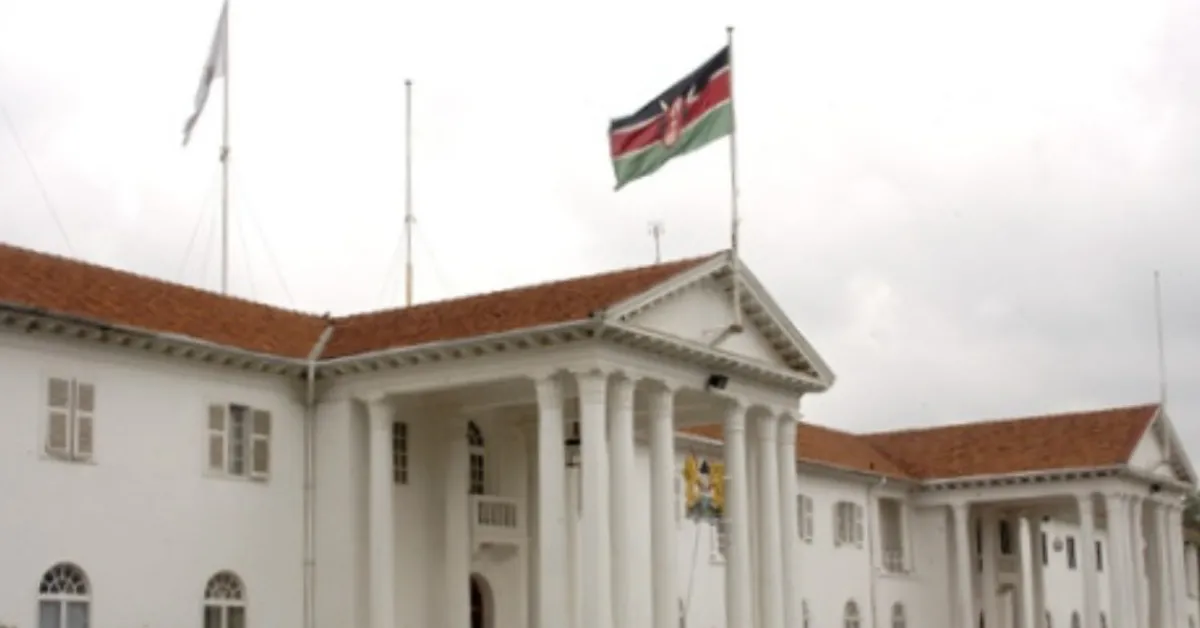
President William Ruto is hosting increasingly large and frequent delegations at State House, using the gatherings to promise development support and secure political backing ahead of the next election cycle.
The tradition of delegations to the State House has a long history in Kenya, rooted in colonial-era practices and later adopted by post-independence presidents as a tool of political management. What began as exclusive garden meetings in the 1940s has since evolved into a public display of loyalty and influence, often tied to the promise of state resources.
The practice can be traced to Governor Philip Mitchell, who in the 1940s began inviting selected African leaders to Government House, signalling a shift in how colonial power was exercised. After independence in 1963, the renamed State House became a venue where Kenya’s presidents asserted authority and distributed political favours.
Jomo Kenyatta formalised these gatherings as part of his political strategy. Whether in Gatundu or Mombasa, Kenyatta regularly hosted delegations of elders, dancers, and political allies, particularly during times of political strain. Such events often featured loyalty pledges and public statements denouncing opposition figures, reinforcing the president’s control.
Daniel Arap Moi expanded the practice into a highly choreographed spectacle. Delegations to his Kabarak home included choirs, clergy, and community leaders, with events broadcast widely to project unity and support. Cash handouts and public endorsements were common, especially during moments of crisis, such as the 1982 coup attempt or growing pressure for political reform in the early 1990s.
President Mwai Kibaki initially reduced the use of such gatherings, focusing instead on administrative governance. However, as political pressure mounted, particularly during constitutional negotiations and electoral competition from Raila Odinga, Kibaki resumed the delegation tradition, using it to rally support and present policy positions.
Under President Uhuru Kenyatta, State House once again became a stage for elaborate political meetings. Delegations served both as a show of strength and a mechanism for mobilising votes, with development pledges often made in return for public displays of loyalty.
Now in office, President Ruto has expanded the scale and frequency of these events. Drawing from his own early political experiences, he has transformed the State House into a platform for engagement with a wide range of groups, teachers, youth leaders, religious organisations, and professional bodies. Some gatherings have attracted tens of thousands, with Ruto using them to announce government initiatives and build alliances.
Many of these events are labelled as “empowerment forums,” highlighting pledges related to infrastructure, education, and finance. However, they also serve a political function, reinforcing support through visibility and access. The symbolism remains important: being seen at State House is still widely understood as a sign of influence and favour.
While the format has adapted over the decades, the core purpose remains consistent. Delegations continue to function as strategic instruments of governance, offering presidents a direct line to the electorate and a means of managing political loyalty through performance and reward.

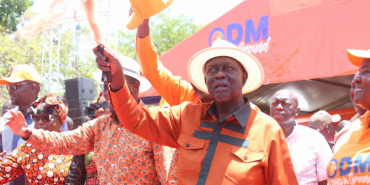
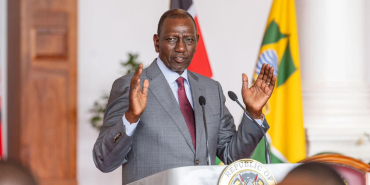
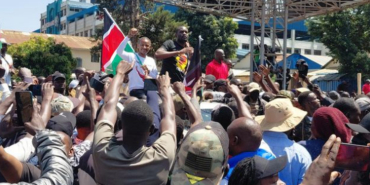
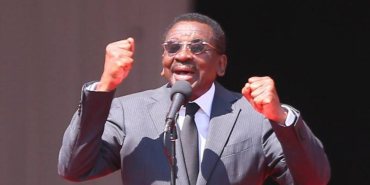
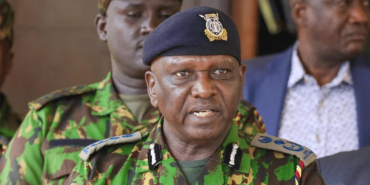

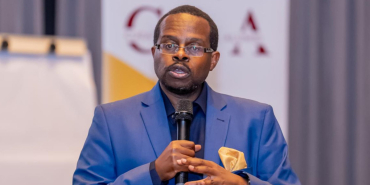
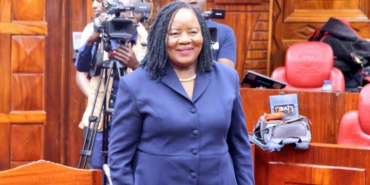
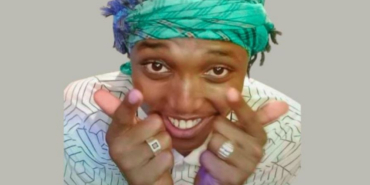


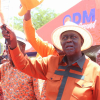
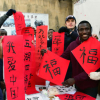
Add new comment